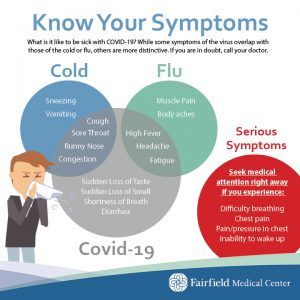Tips for Getting a Good Night’s Sleep
Sleep plays a vital role in our overall health and well-being. A good night’s sleep is essential for proper cognitive function, emotional well-being, and physical health. Unfortunately, many people struggle with getting quality sleep on a regular basis. If you find yourself tossing and turning at night, these tips might help you improve the quality of your sleep.
Create a Bedtime Routine
Establishing a consistent bedtime routine can signal your body that it’s time to wind down and prepare for sleep. Going to bed and waking up at the same time every day, even on weekends, can help regulate your sleep patterns. Incorporate activities such as reading, taking a warm bath, or practicing relaxation techniques into your routine to promote a more peaceful sleep.
Create a Restful Sleep Environment
Your sleep environment plays a crucial role in the quality of your sleep. Make sure your bedroom is cool, dark, and quiet. Invest in a comfortable mattress and pillows that adequately support your body. Block out any excess noise with earplugs or a white noise machine if needed. Consider using blackout curtains to prevent any unwanted light from entering your room.
Avoid Electronics Before Bed
The blue light emitted by electronic devices such as smartphones, tablets, and laptops can interfere with your body’s natural sleep-wake cycle. It is recommended to avoid using electronic devices at least an hour before bed. Instead, engage in relaxing activities such as reading a book or listening to calming music.
Limit Caffeine and Alcohol Intake
Caffeine, found in coffee, tea, soda, and chocolate, is a stimulant that can interfere with your ability to fall asleep. It is advisable to limit your caffeine intake, especially in the afternoon and evening. Similarly, while alcohol may initially make you feel drowsy, it can negatively impact the quality of your sleep, leading to frequent awakenings during the night.
Exercise Regularly
Engaging in regular physical activity during the day can help promote better sleep at night. Aim for at least 30 minutes of moderate exercise, such as walking, swimming, or cycling, most days of the week. However, avoid intense exercise close to bedtime as it may leave you too energized to fall asleep.
Manage Stress Levels
Stress and anxiety can significantly interfere with your ability to get a restful sleep. Practice stress-reducing techniques such as deep breathing, meditation, or yoga to help relax your mind and body before bed. Additionally, consider creating a to-do list or journaling your thoughts to alleviate any racing thoughts that may keep you awake.
Watch Your Diet
What you eat and drink can impact your sleep patterns. Avoid consuming large meals, spicy or heavy foods, and excessive fluids before bed. Certain foods, like cherries, almonds, and chamomile tea, have natural sleep-inducing properties and can be incorporated into your evening routine to promote better sleep.
Avoid Napping During the Day
Napping during the day, especially later in the afternoon, can disrupt your sleep schedule and make it harder to fall asleep at night. If you feel the need to nap, limit it to a short power nap of 20-30 minutes earlier in the day. Avoid napping in the evening to ensure you’re tired enough to fall asleep when bedtime comes around.
Seek Professional Help
If you’ve tried various strategies and still struggle with getting a good night’s sleep, it may be beneficial to consult with a healthcare professional. They can evaluate your sleep patterns, identify any underlying conditions such as insomnia or sleep apnea, and provide appropriate treatment options to improve your sleep.
Conclusion
Prioritizing a good night’s sleep is essential for your overall well-being. By incorporating these tips into your daily routine, you can create an environment and habits that promote better sleep. Remember, consistency is key, so be patient and give yourself time to adjust to these changes. A restful night’s sleep awaits you!


